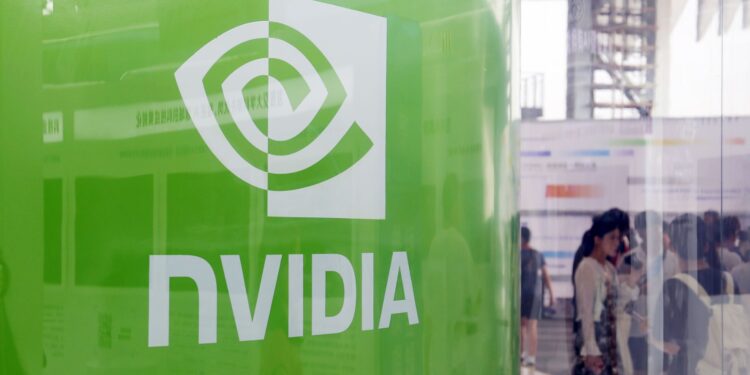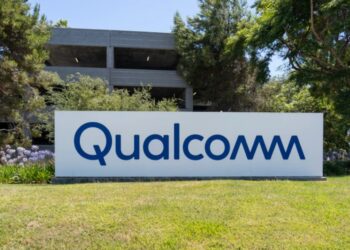Nvidia is reportedly developing a new, more powerful AI chip specifically for the Chinese market, a move that could significantly alter the landscape of AI development in the region. The new chip, tentatively named the B30A, is said to be based on the company’s latest Blackwell architecture, a notable upgrade from the Hopper architecture used in the H20 model currently sold in China.
This development comes after a period of intense US-China trade tensions, which have seen a series of export restrictions placed on advanced semiconductor technology. The H20 chip was itself a product of these restrictions, designed as a less-powerful alternative to Nvidia’s flagship H100 and H200 accelerators to comply with US government rules. Despite this, the H20’s sales were halted earlier this year before being recently approved to resume. However, reports from industry sources suggest that demand for the H20 has been lackluster, in part due to security concerns raised by Chinese authorities and the availability of increasingly competitive domestic alternatives.
The B30A is expected to feature a single-die design, delivering approximately half the raw computing power of Nvidia’s top-tier B300 accelerator. It will retain key features such as high-bandwidth memory and NVLink technology, which are critical for high-speed data transfer between processors. While its specifications are still being finalized, Nvidia is reportedly aiming to ship samples to Chinese clients as early as next month.
The B30A’s introduction is a strategic response to several converging factors. For Nvidia, retaining its market share in China—which accounted for 13% of its revenue last year—is crucial. By offering a more powerful, next-generation chip, the company hopes to maintain its dominance in the Chinese AI ecosystem and prevent developers from fully migrating to domestic rivals like Huawei. Huawei’s Ascend chips have been making significant strides in raw computing power, though they still lag in software ecosystem support, an area where Nvidia’s CUDA platform remains the industry standard.
However, the path forward for the B30A is not without hurdles. While recent comments from US President Donald Trump have hinted at a more flexible approach to chip exports to China, regulatory approval for a more advanced chip is far from guaranteed. Lawmakers in Washington remain concerned that even scaled-down versions of cutting-edge chips could be used to advance China’s military and technological capabilities, further complicating Nvidia’s efforts to navigate the geopolitical divide.
















